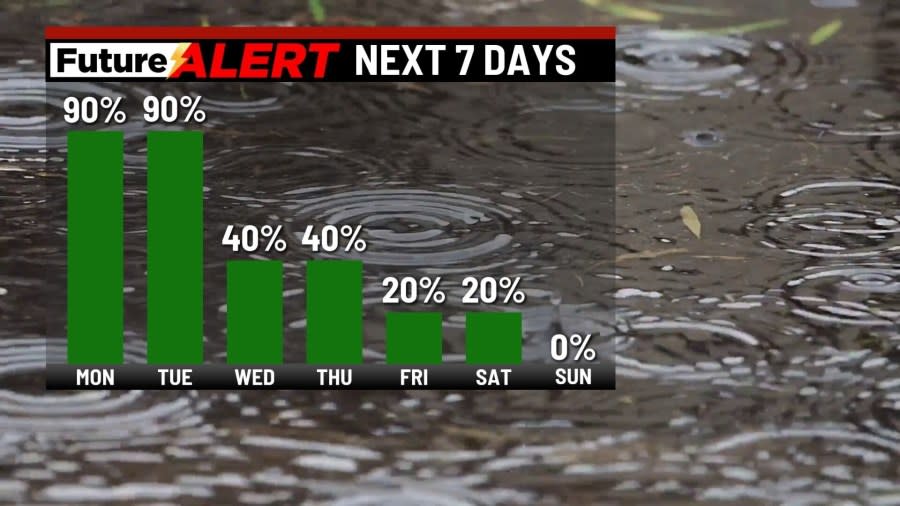What to Do When a Flash Flood Warning Is Issued: Essential Safety Tips
Severe storms can lead to dangerous situations in a matter of minutes. When the National Weather Service issues a flash flood warning, it's vital to act fast. Flash floods occur quickly and can put lives, homes, and neighborhoods at risk.

What Is a Flash Flood Warning?
A flash flood warning means flooding is either already happening or will happen soon. These warnings come after heavy rains overwhelm streams, streets, or creeks in a short time. You should not confuse a warning with a watch; a warning requires immediate action to keep yourself safe.
The National Weather Service closely monitors rain and water levels, issuing alerts when rivers and roads risk submerging. For instance, recent flash flood warnings in South-Central Pennsylvania prompted authorities to urge residents to stay off the roads and avoid low-lying areas. These warnings typically highlight the most at-risk zones such as poor drainage spots, underpasses, and areas near creeks and streams.
How to React When a Warning Is Issued
When you hear that a flash flood warning is in effect:
- Move to Higher Ground: Leave low-lying areas immediately.
- Never Drive Through Floodwater: Most flood-related deaths happen in vehicles. Even a few inches of water can stall a car or sweep it away.
- Stay Updated: Listen to local news and follow official alerts. The National Weather Service updates warnings as storms develop.
- Keep Emergency Supplies Ready: Have basics like flashlights, batteries, water, and non-perishable food at hand.
Emergencies can arise quickly. Responding right away can make a major difference.
Real-Life Examples: Why Precaution Matters
Severe weather recently hit Pennsylvania, triggering a series of flash flood warnings. Local news sources reported first responders handling dozens of calls for flooded basements and stranded vehicles. In one case, Butler County’s 911 service received nearly three dozen calls related to flooding and downed power lines during a single evening.
These real-life events highlight the importance of heeding warnings and not risking travel during hazardous conditions.
How to Stay Informed
Staying up to date with weather alerts saves lives. Local authorities and official weather services provide updates through:
- TV and radio broadcasts.
- Smartphone weather apps.
- National Weather Service alerts.
Check interactive radar maps and be proactive during storms. Visit resources like the PAHomepage or the local weather team for forecasts.
Final Thoughts
Whenever you receive a flash flood warning, take it seriously. Take immediate action to protect yourself, your loved ones, and your property. Follow official advice, move to higher ground, and never try to drive or walk through floodwaters. Preparedness and quick decisions can make all the difference during flash flood emergencies.